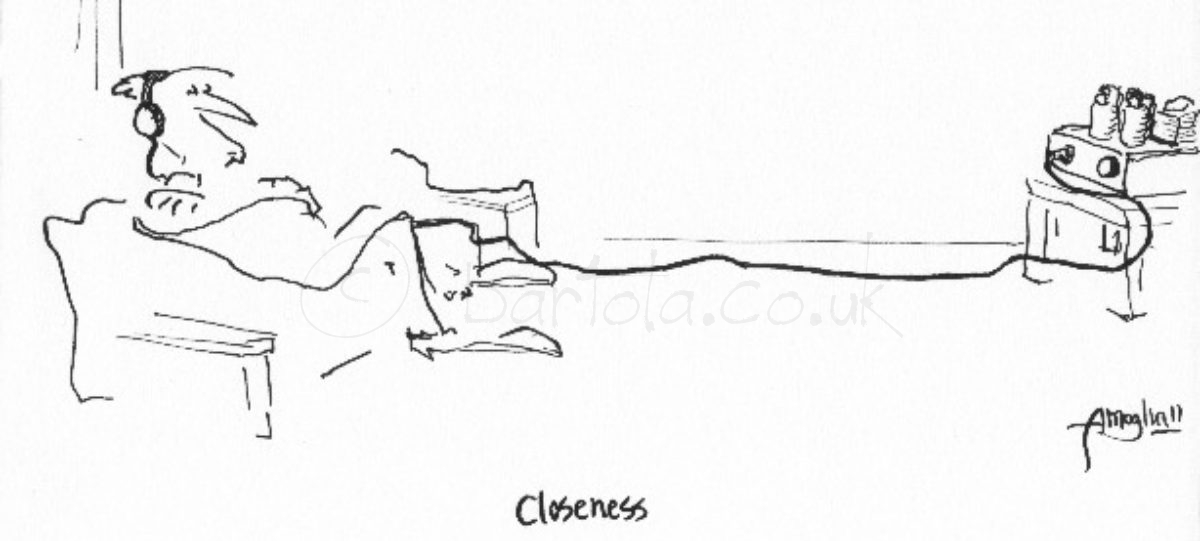It’s been a while since I experimented with preamps again. I settled as a permanent setup with my 01a/ER801a which I love. However, I wanted to continue with my experiments so I built a new Mule, let’s call it “Mule 2” for now. It’s based out of multiple PCBs which simplifies the construction process and reduces build time:

I wanted to revisit as a first preamp, the old and beloved RE-084/A-408 DHT which I never had the chance to share. This is a great valve. I had a decent stash of Valvo pairs which sound like angels. Here was my previous incarnation:
I used filament bias and also a source follower as was driving directly the 4P1L output stage. Performance was great as it was the way it sounded:
THD only rises to 0.03% at 20Vpp showing how linear this valve is!
I also played with an unbypassed cathode resistor instead of filament bias:
 As you can see below, the frequency response is impacted at LF with the increased reflected impedance at the anode due to the unbypassed cathode resistor. Gain is also reduced a tad. This can be sorted with the increase of the gyrator capacitor C1 which I left at 100nF:
As you can see below, the frequency response is impacted at LF with the increased reflected impedance at the anode due to the unbypassed cathode resistor. Gain is also reduced a tad. This can be sorted with the increase of the gyrator capacitor C1 which I left at 100nF:
My latest version is very similar and went back to filament bias, but with SiC diodes instead. I love the sound of these diodes. I biased the valves at lower voltage but will likely push them up to 6mA/150V as before:
I tested the new mini-gyrator PCBs based out of SMD devices. They work brilliantly!






Would love to learn more about the modular boards you’ve made recently. I’ve designed a few myself, and am looking forward to putting them into action sometime this year.
Hi Ale,
I have a couple of RE084 tubes and I would like to give them a try.
Have you put this tube in your curve tracer?
Hi Evangelos
I can’t find the RE084 curves on my files. However, located both a sample from eTracer measuring over 110% and also my early A408 trace.
You should bias them as per my circuit, works really well at 4mA / 130V/ -3V if you are planning to use it as preamp
Hope these help:
And here is the RE084:
Hi Ale,
Thank you very much for providing the curves.
Actually, following your circuit, I built one channel on a breadboard to check this little tube. For an anode load, I used Gary Pimm’s self bias CCS (quite similar to you hybrid mu follower), set at 4 mA (To tell you the truth, a couple of years ago, I had purchased from you a pair of Gyrator PCBs – v.4 if my memory serves me well – but I never built a circuit with them and, now, I can’t find where I have put them, so I used the ready built CCS). For the filaments, I used one Li-ion battery with bypassed cathode resistor. Anode voltage set at 140 V, fed from my lab HV PS.
Despite some electrical noise, which I hope I will deal with, I was amazed by the sound of this, although I used just what I had in hand – no exotic parts. The sound was very clean, with punch and extension. So, this is a very promising preamp and I intend to explore it further.
Meanwhile, a friend of mine just offered me a pair of LS7 tubes, which are similar to the RE084 and I’m willing to give them a try.
Thank you again Ale.
Evangelos
Hi Evangelos, good to hear and yes, the RE084 delivers a unique sound, one of my preferred preamps indeed.
Hi Ale,
May I know the model of D1-3 ?
I would like to try it with your Ver 8 board.
Besides, when start to sell Mini Hybrid Mu-follower board ?Thanks
Hi
It’s the SiC diode I’ve been using for a while: C3D02060F Spice Model
Not sure if I’d offer the mini hybrid mu-follower boards, I’ve got no time to produce the required documentation.
Cheers
Ale
Thank you Ale for providing details.
I would try to build it with your ver 8 board first.
If you have time to produce mini mu. please let me know and reserve 1 set for me ^^